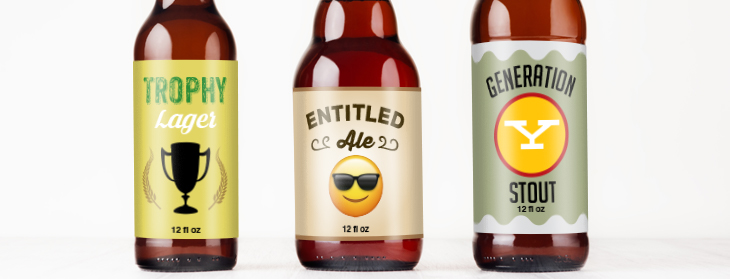
Dilly dilly: How millennials are changing (not killing) the beer industry
Posted On August 22, 2018
What do you see when you step into the beer aisle at the grocery store? Twenty years ago, you probably would have seen a lot of Budweiser, Miller and Coors products, mixed with a few imports like Corona and Foster’s.
Walk down a beer aisle in practically any grocery store today and you’ll still see a lot of Bud, Miller and Coors. But you’ll also see scores of other obscure brands – craft and local brewers, many of whom weren’t in existence five years ago, much less 20.
The loosening of regulations on the brewing industry has resulted in an explosion of new beer varieties and flavors from an ever-growing list of small breweries popping up around the country.
And you might be surprised to hear that our guest in the latest episode of “What’s Working with Cam Marston,” Chris Fuchs of Mobile-based Budweiser Busch Distributing, is happy to see it.
“Anything we can do to bring anybody into beer in any way shape or form is best for our overall business,” Fuchs says. “The rising tide lifts all ships.”
The increased number of brands and styles feeds a millennial demand for and expectation of variety, an expectation fueled by experience – millennials have grown up with seemingly unlimited access to movies, music, media, and almost anything else through the global range of the internet and streaming services. While that expectation of variety has caused the generation to drift away from beer and toward wine and spirits, the craft beer explosion may have helped keep the drifting from becoming a full-fledged exodus.
For Fuchs’ business, it has meant a corresponding increase in the number of suppliers he serves, now up to 42, and the number of brands, in the range of 300. While his family-owned, third-generation business is named for its primary supplier, it is independent of Anheuser-Busch, which is now owned by the Brazilian giant InBev.
It’s also meant less brand loyalty and more “samplers,” drinkers who want to try the newest IPA, pilsner, stout or Belgian-style ale. Where a bar’s taps once featured a few unchanging mainstays, those serving millennials may now change brands or styles regularly – a phenomenon Fuchs calls “rotation nation.”
With all that said, Fuchs says that in the Mobile market five tried-and-true domestic brands – Bud Light, Michelob Ultra, Miller Lite, Coors Light and Budweiser – still account for 55 percent of all his beer sales.
In a wide-ranging discussion, Fuchs also shares how weather affects beer sales, new strategies he employs to attract new employees, the value of a catchy marketing slogan, and some thoughts about how beer distributing might change in the next decade.
Join us for a crisp and refreshing talk about beer, millennials and the modern workplace. Dilly dilly.